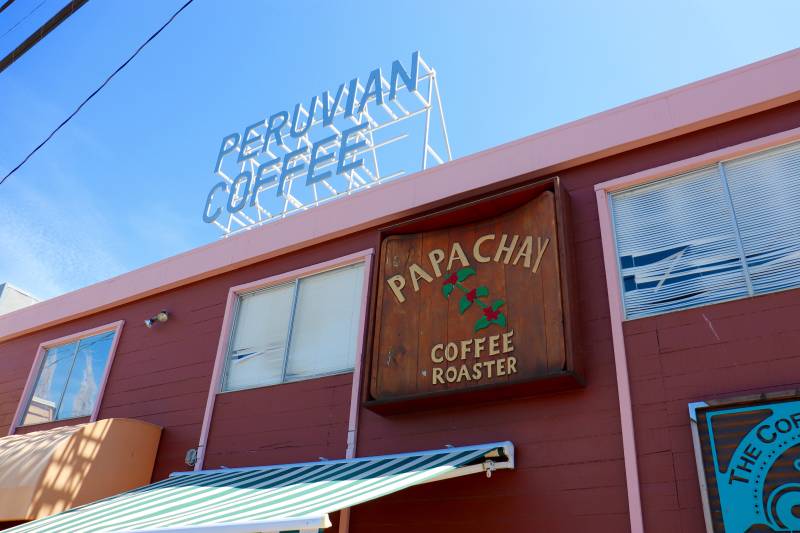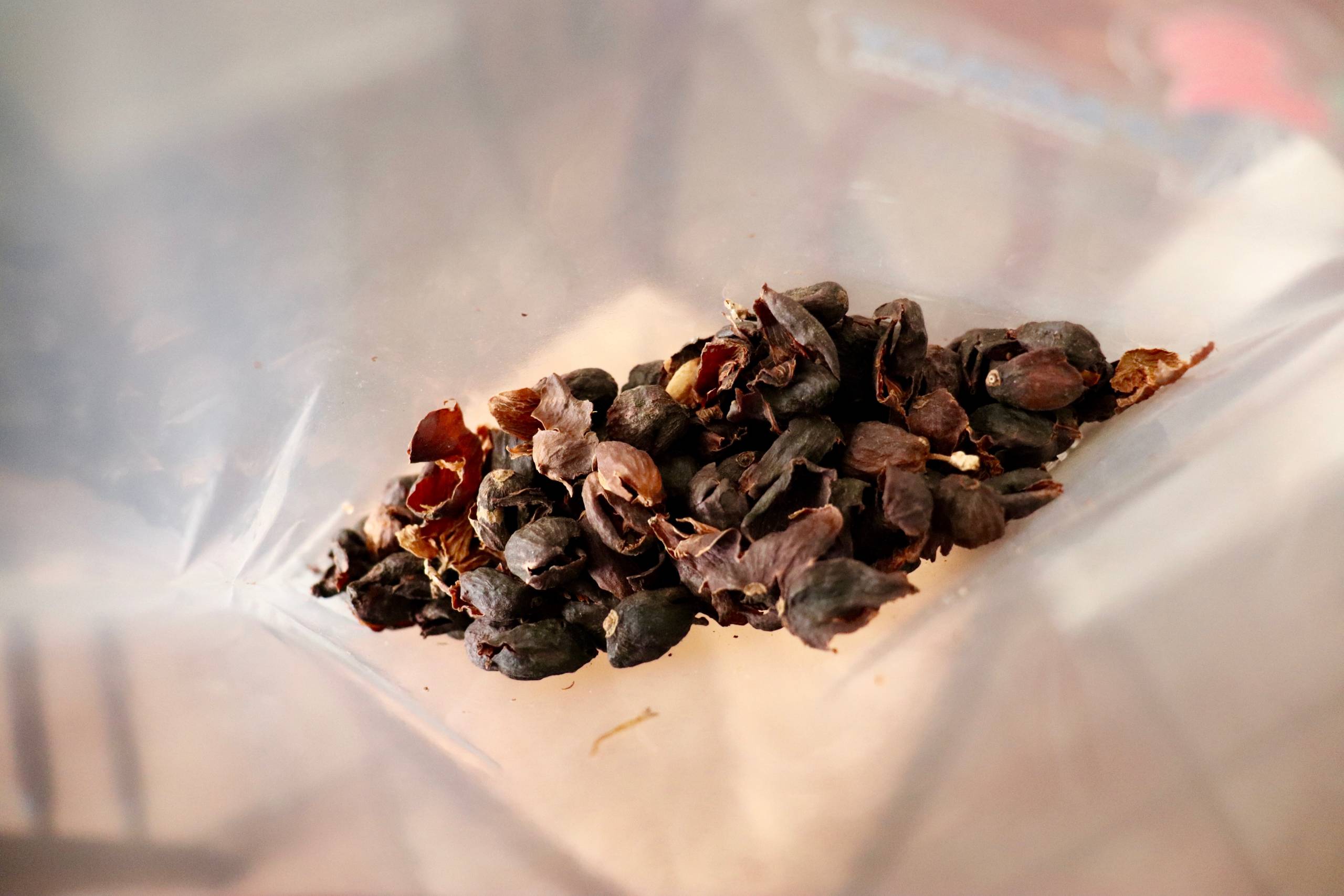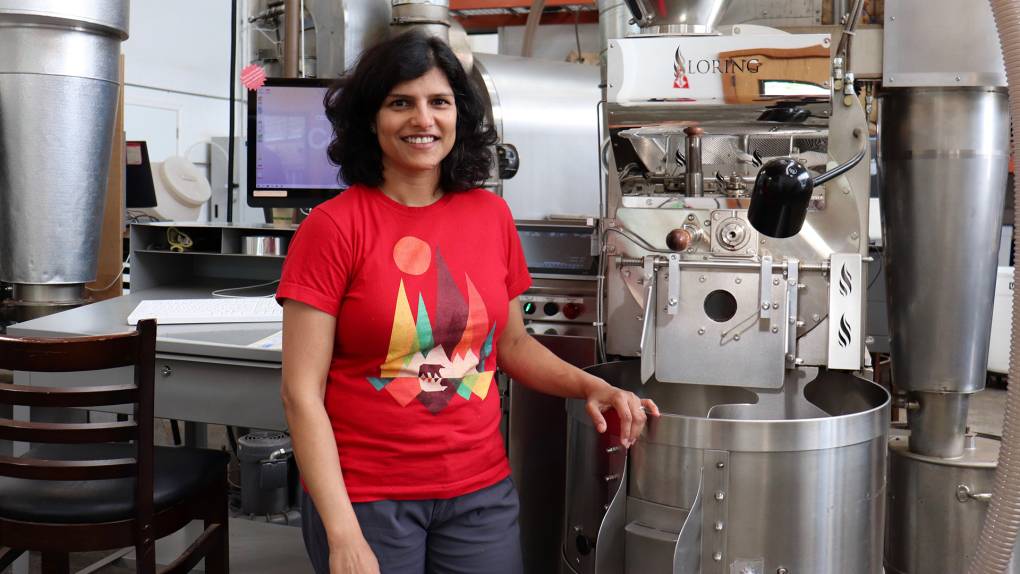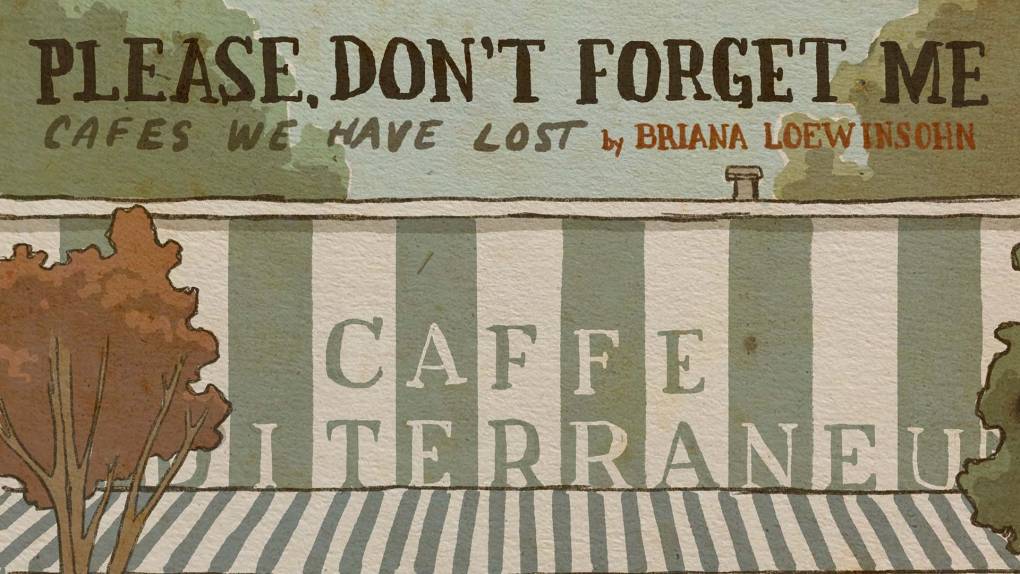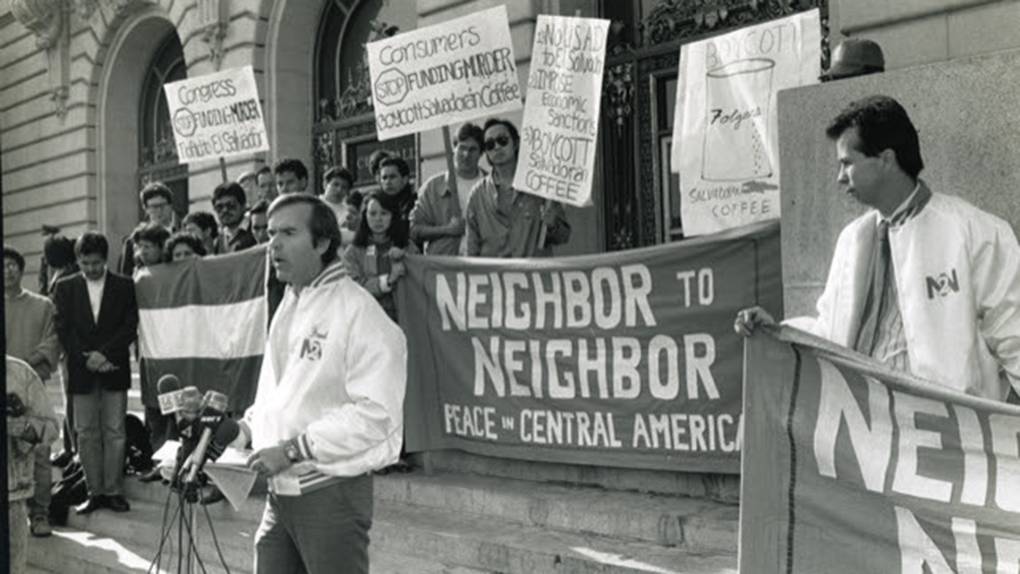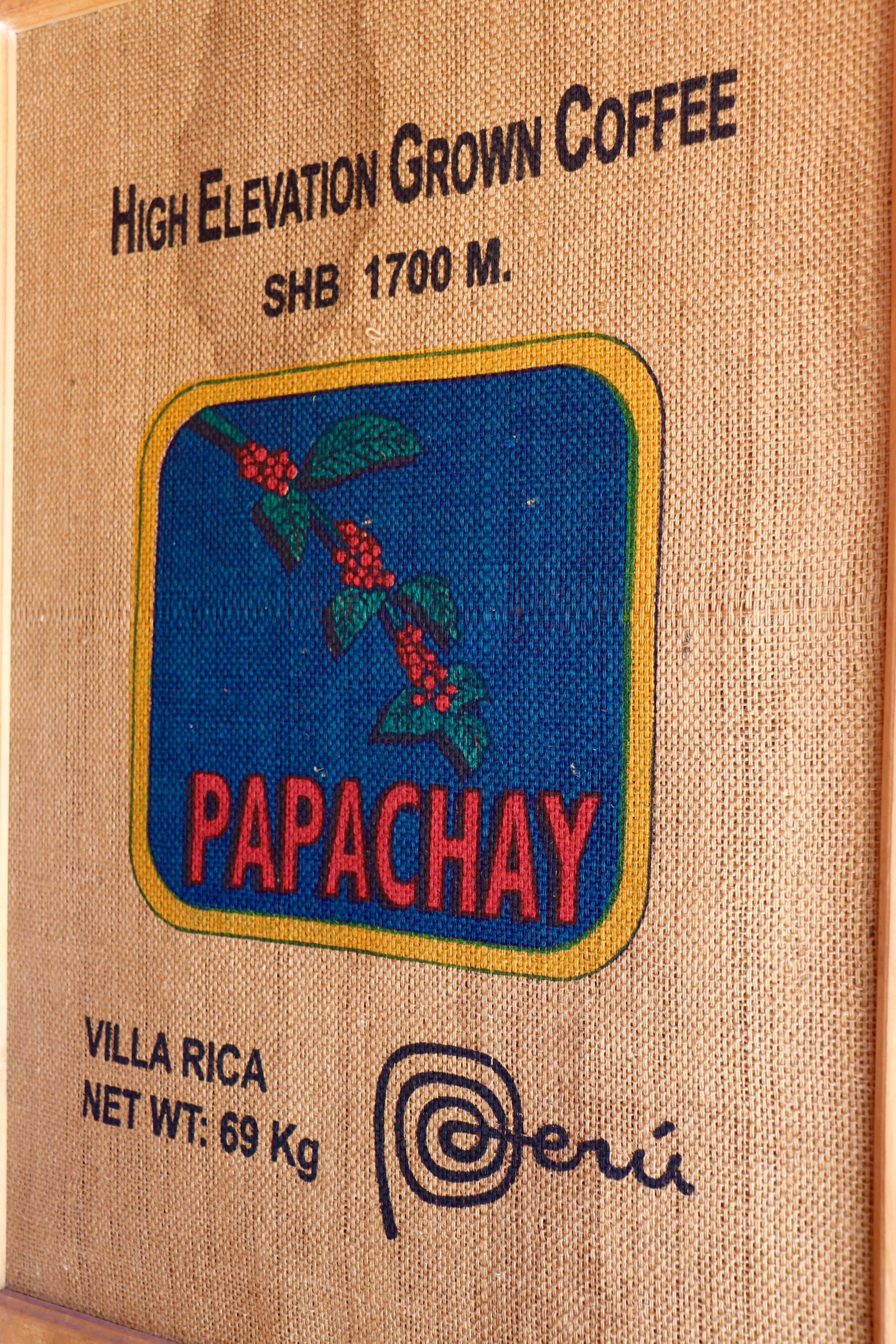For the average Bay Area caffeine seeker, Peruvian coffee and tea probably aren’t very high on the list of familiar options. Yet, Peru is one of the highest tea-consuming nations in the Western Hemisphere, largely due to the country’s high elevation. (In townships along the Andean peaks, tea made with coca leaves — of cocaine fame — is believed to prevent altitude sickness.) Peruvians have also become increasingly fond of coffee in recent years.
But many Bay Area residents probably have never even heard of Peru’s choice beverages, let alone know where to get them. And who can blame them? Though Peruvian cuisine has done extremely well in our region — from local restaurant chains like Limón to smaller mom-and-pop shops like El Cerrito’s El Mono — there isn’t much of a Peruvian cafe scene to speak of.
So when I came across Papachay, a husband-and-wife-owned brick-and-mortar located on a sleepy back street in the Peninsula city of San Carlos, I made my trek over. (In Quechan, an indigenous language in Peru, papachay is akin to saying “what’s up?” to a male friend; “mamay” is used to greet women).
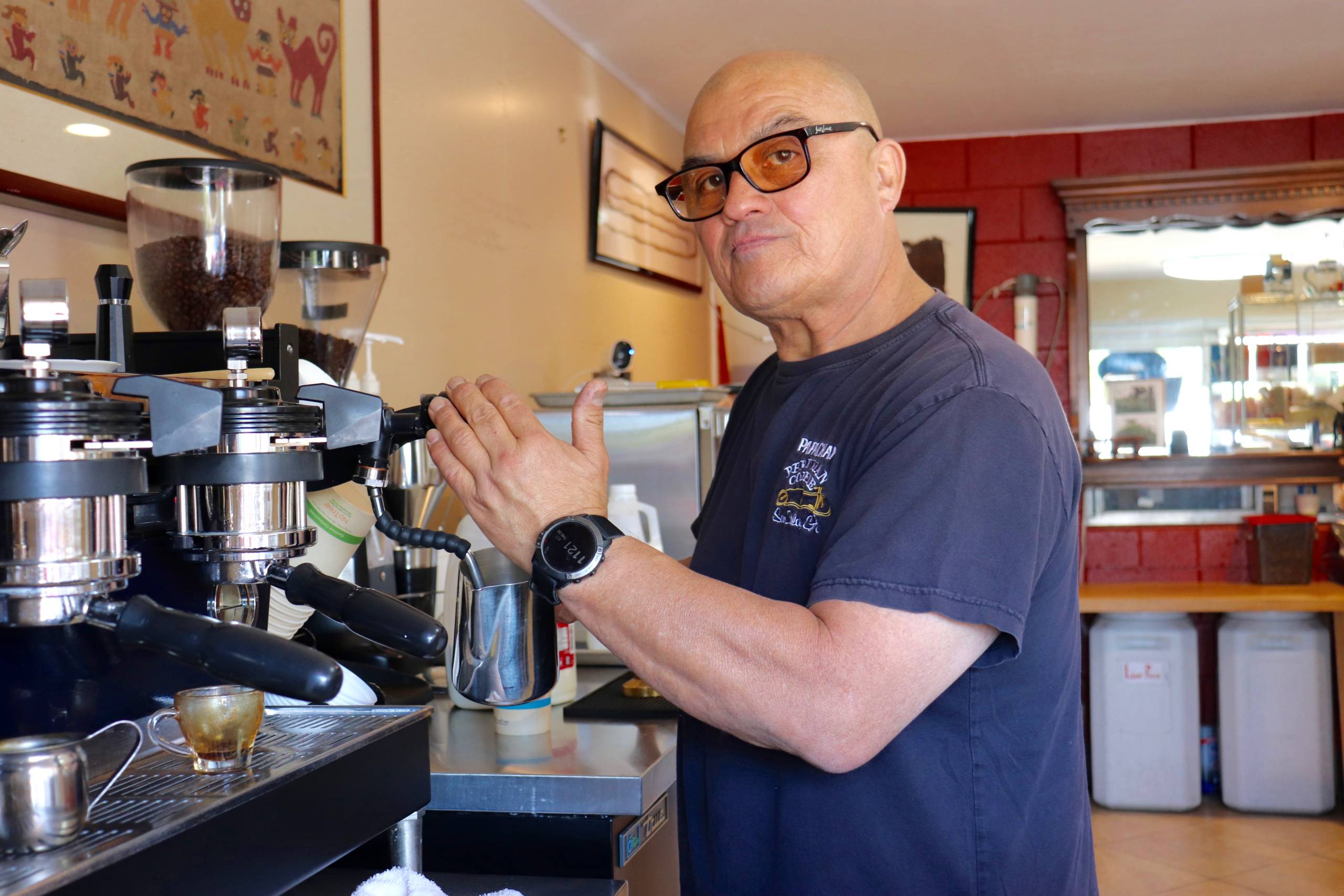
The business is masterminded by Maximiliano Gambirazio (originally from Peru) and Juliana Zieira-Gambirazio (a Brazilian immigrant). Impressively, the couple started out in their San Carlos warehouse nearly 20 years ago, when they sold raw coffee beans to roasters before buying a roasting machine of their own and expanding their business to include wholesale roasted coffee. Now, they run a full-fledged cafe — which opened in 2018 — and pop up every Sunday at the Mountain View Farmers’ Market.
“It all started spreading by word of mouth. We would get notes under the door of people asking us to call [them] so they could visit to buy fresh brewed coffee,” Zieira-Gambirazio says. “That pushed us to open [the cafe], and we started getting a crowd of people. After that, we had some calls to the fire department because of the smoke coming from all the roasting we were doing. [The fire department] told us to put a sign that we’re coffee roasters. That brought us more people.”
